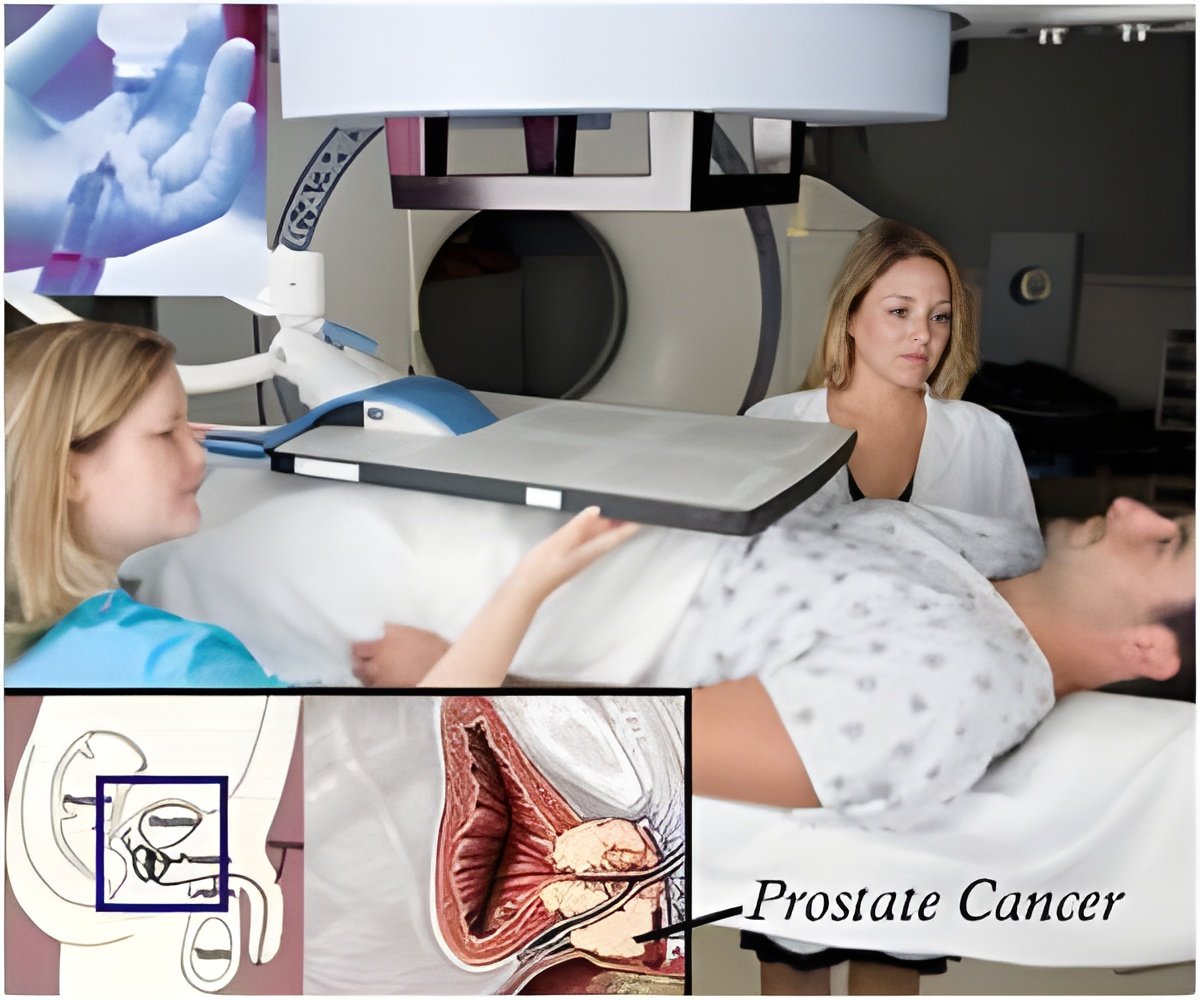Men who received ADT had a 23% increased risk of depression, a 29% risk of inpatient psychiatric treatment and a 7% risk of outpatient psychiatric treatment.

‘Men who receive androgen deprivation therapy (ADT) as part of their treatment for prostate cancer may be at higher risk of developing depression.
’





The study was led by researchers at Brigham and Women's Hospital (BWH) who found a significant association between depression and patients being treated for localized prostate cancer (PCa) by androgen deprivation therapy (ADT). The findings were published online in the Journal of Clinical Oncology."We know that patients on hormone therapy often experience decreased sexual function, weight gain and have less energy - many factors that could lead to depression. After taking a deeper look, we discovered a significant association between men being treated with ADT for PCa and depression," said senior author Dr. Paul Nguyen.
"This is a completely under-recognized phenomenon. Around 50,000 men are treated with this therapy each year. It's important not only for patients to know the potential side effects of the drugs they're taking, but also for the physicians to be aware of this risk in order to recognize signs of depression in these patients and refer them for appropriate care," said Nguyen, who is also the director of Prostate Brachytherapy at BWH.
"Patients and physicians must weigh the risks and benefits of ADT, and this additional risk of depression may make some men even more hesitant to use this treatment, especially in clinical scenarios where the benefits are less clear, such as intermediate-risk disease."
Researchers reviewed data from the SEER Medicare-linked database from 1992 to 2006 of 78,552 men over the age of 65 with stage I to III PCa. They investigated the association between ADT and a diagnosis of depression or confirmation of inpatient or outpatient psychiatric treatment. Additionally, they looked at the association between duration of ADT and depression.
Advertisement
Adjusted analyses demonstrated that patients who received ADT had a 23 percent increased risk of depression, a 29 percent increased risk of inpatient psychiatric treatment, and a non-significant 7 percent increased risk of outpatient psychiatric treatment when compared with patients not being treated with ADT.
Advertisement
Researchers encourage future studies to focus on interventions that could successfully reduce this risk and to examine whether particular subpopulations are at a higher risk, such as patients with a history of depression.
Source-Eurekalert















